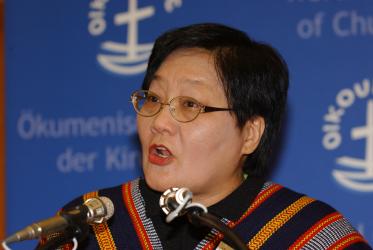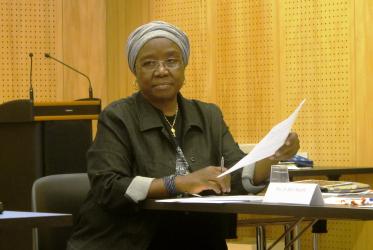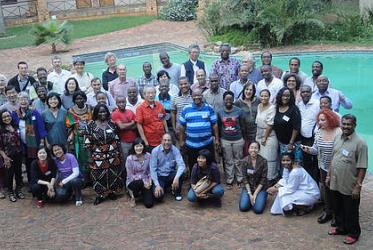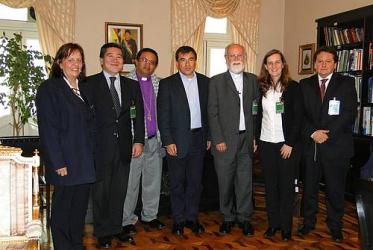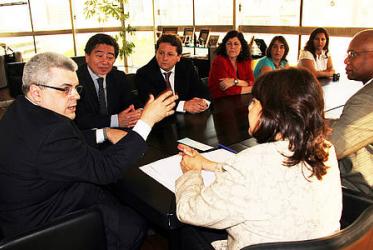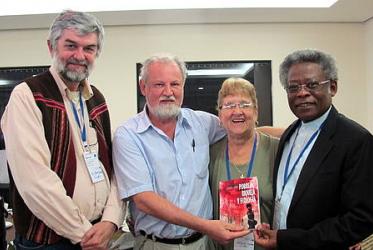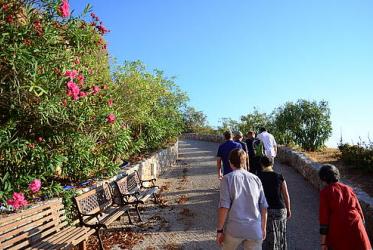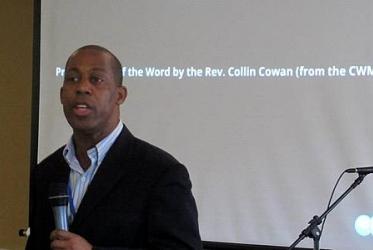Displaying 141 - 160 of 227
18 February 2014
Ecumenical panel promotes economic justice
17 January 2014
Asia shares aspirations for justice and peace at the WCC assembly
01 November 2013
WCC calls churches to speak against corruption
20 August 2013
Churches engage in development dialogue on Africa
06 March 2013
Statement on global economy delivered to Bolivia
15 January 2013
Leading development economists offer alternatives
04 October 2012
WCC working group plans next steps in climate advocacy
04 October 2012
WCC conference probes sustainability crises
27 September 2012
Tveit reports on churches’ work for justice and peace
29 August 2012
